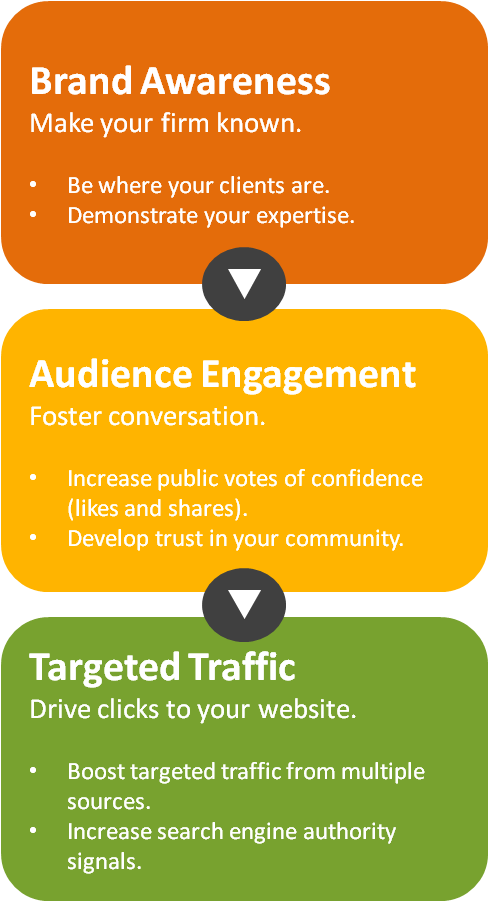By Casey Hall, Esq., FindLaw Blog Writer
You probably know at least a dozen questions most of your clients have on their minds when they come to you for help. These are the questions you are prepared to answer even before they are asked. These are also the questions that can easily be turned into very effective “question and answer” blog posts.
A question and answer post is exactly what it sounds like: you pose a commonly-asked question, then provide a general but well-considered answer. What could be simpler?
Tips for Writing an Effective Q&A Post
The language you use in a Q&A post is important. You want the question to be relatable and the answer to be understandable to the non-attorney. Also, your audience is more likely to read your blog post if you pose the question using the same terminology that your readers use.
Blog readers often want answers to practical questions. By answering these questions, your readers will see you as a valuable resource, for not only legal advice, but for practical guidance as well. Potential readers may want to know whether they can deduct the cost of home office furniture if they work from home. Of course the answer is often “it depends,” but you can generate interest in your blog by offering conventional legal wisdom.
The Q&A format works well for search engines, too. Potential clients are likely to phrase their online searches as practical legal questions. You might write a brilliant post about a “principle place of business” analysis under section 280A of the Internal Revenue Code, but what your future client will be typing into Google is “Can I deduct home office expenses?” The more the title of your blog post looks like that search query, the more likely it is to be found … and clicked on.
Q&A posts are relatively easy for you to write. One great thing about this type of blog post is that you already know everything you need to know to write one. There is no need to research litigation trends or look for interesting developments in your practice area. You get to frame the question.
For example, if you generally represent employers, you could write a post entitled “Can I look at a job applicant’s Facebook Page?” Or from an employee’s perspective “Can I get fired for something I post on Twitter?” The answers need not be a comprehensive legal treatise. A general description of the legal landscape is sufficient and your readers will appreciate it.
Answering questions will make your readers like and trust you. You frame yourself as a trusted advisor by generously sharing some of your wisdom with your readers. This is an opportunity for you to create an expectation within the reader that you can provide answers to their legal questions. You can show them that you are genuinely interested in helping them with their legal problems.
In the end, that’s the most important message you can send your readers.





